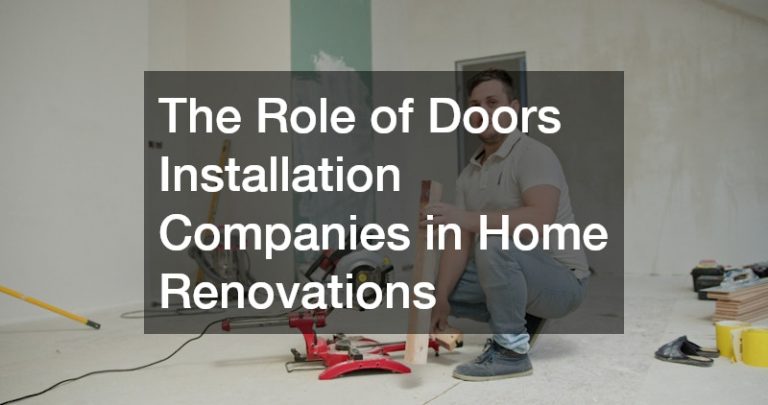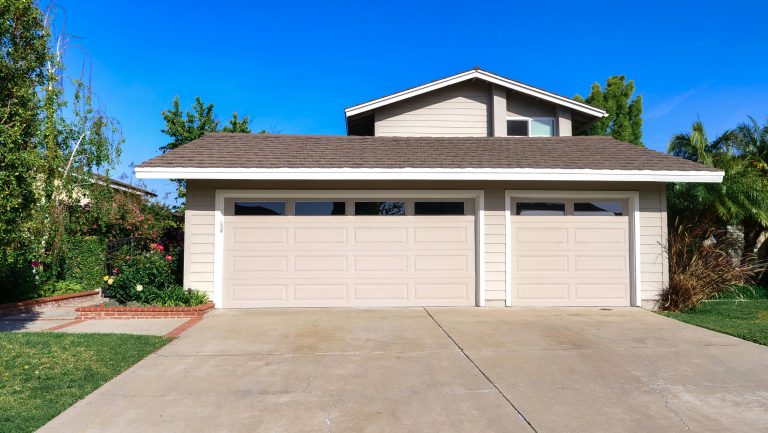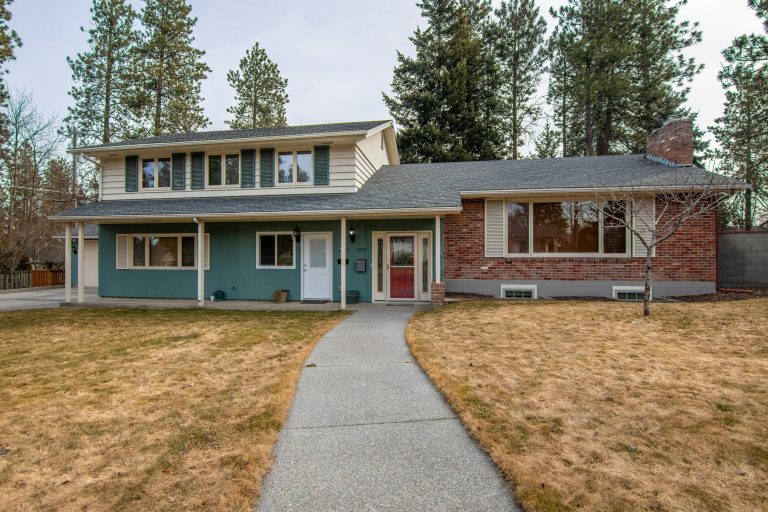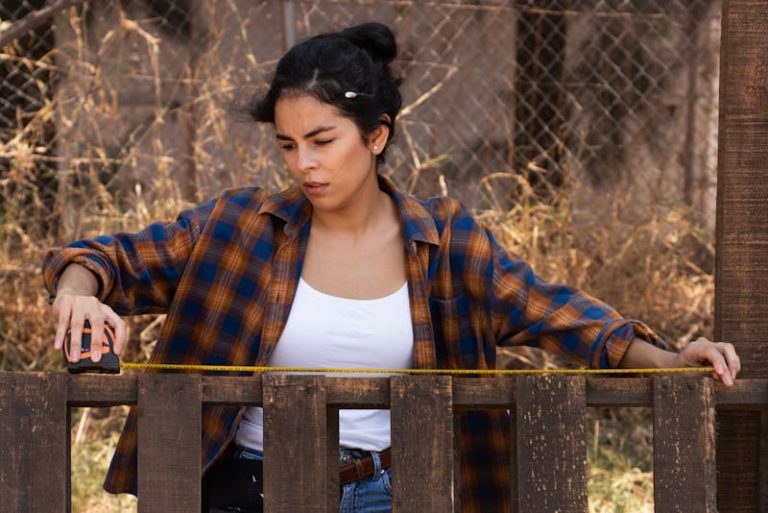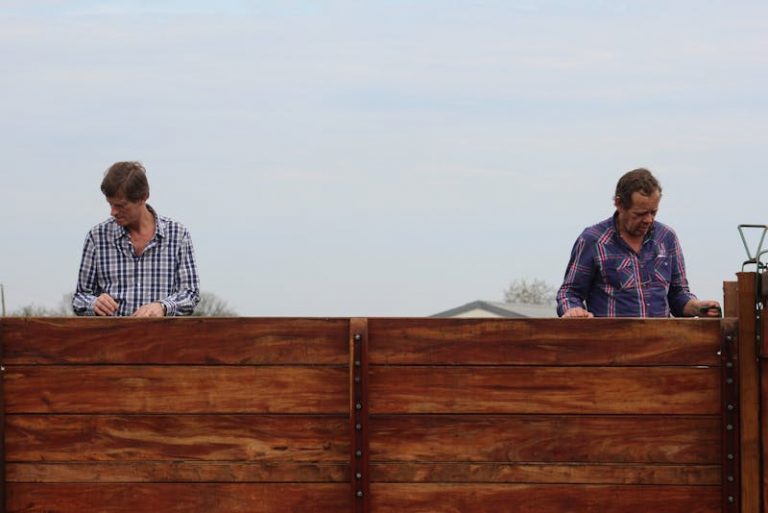

About 87% of U.S. homes use air conditioning (100 million homes), which are more important than ever during recent record-setting summer heat waves. A properly installed and maintained air conditioner has an average lifespan of 15 to 20 years, and most Americans dread the day when they have to spend money on a brand new Heating, Ventilation and Air Conditioning system.
Even so, many homeowners in the U.S. are ditching their old units altogether rather than paying for costly annual air conditioner repair service. And if your unit is more than seven years old, then there’s something you need to know. Even if your unit is less than seven years old, if you’ve had to call for home HVAC repairs repeatedly, then listen up.
The latest HVAC equipment is far more energy efficient than models installed just five or seven years ago. And since HVAC use makes up almost half of your home’s energy consumption, older systems can be a major energy hog. That’s not just bad for the environment, it’s bad for your bank account, too.
In fact, switching to a modern, energy efficient HVAC system can reduce heating and cooling costs by as much as 50% a month! And with a few other changes to your home, those savings can go even higher. Switching to more effective insulation, reducing energy loss from windows and doors, and installing other energy-efficient appliances can drastically reduce your energy bills. Plus, you’ll reduce your carbon footprint as well.
So if you have an older HVAC system, constantly have to call for home HVAC repairs, or notice your system making odd noises, then it might be time to consider an upgrade. If you plan on staying in your house for a long time, it might actually be more cost effective to pay for a new unit today rather than air conditioner repairs tomorrow (and next year, and the year after that). If your unit is less than seven years old, then perhaps air conditioner service is the right choice. But either way, it’s worth your time to investigate the potential energy savings you could be getting.


